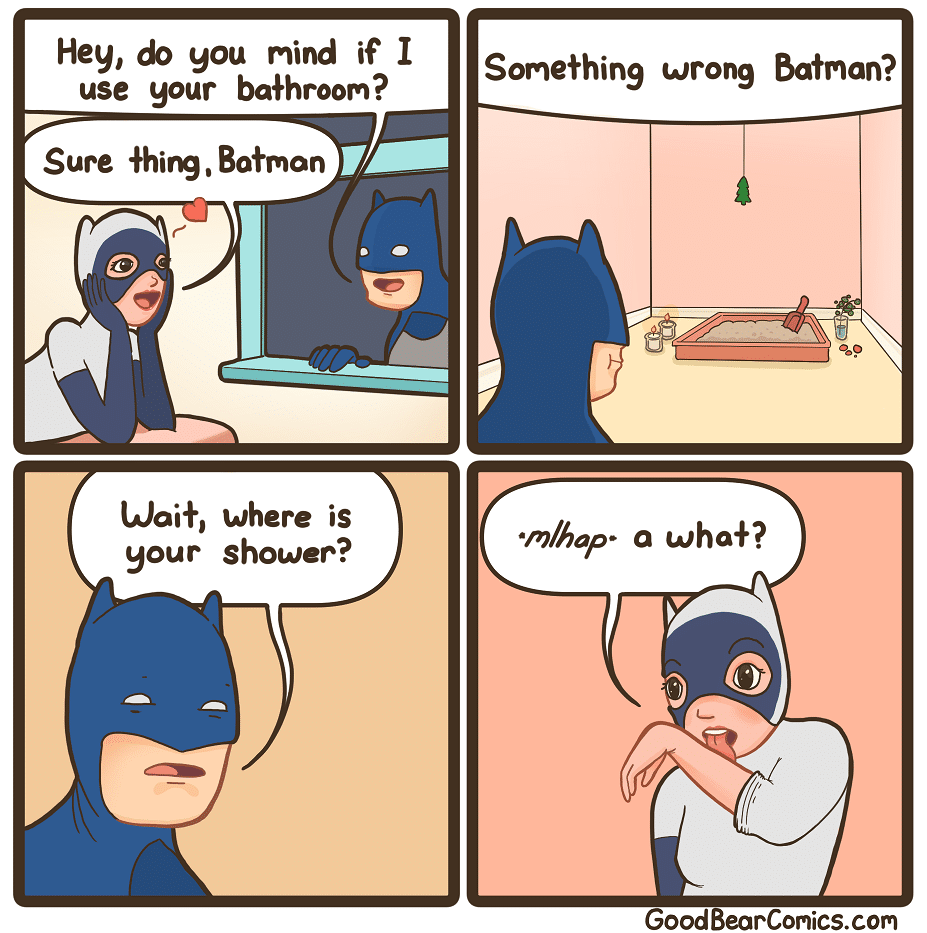this post was submitted on 01 Nov 2024
744 points (95.9% liked)
Comic Strips
12679 readers
3395 users here now
Comic Strips is a community for those who love comic stories.
The rules are simple:
- The post can be a single image, an image gallery, or a link to a specific comic hosted on another site (the author's website, for instance).
- The comic must be a complete story.
- If it is an external link, it must be to a specific story, not to the root of the site.
- You may post comics from others or your own.
- If you are posting a comic of your own, a maximum of one per week is allowed (I know, your comics are great, but this rule helps avoid spam).
- The comic can be in any language, but if it's not in English, OP must include an English translation in the post's 'body' field (note: you don't need to select a specific language when posting a comic).
- Politeness.
- Adult content is not allowed. This community aims to be fun for people of all ages.
Web of links
- [email protected]: "I use Arch btw"
- [email protected]: memes (you don't say!)
founded 1 year ago
MODERATORS
you are viewing a single comment's thread
view the rest of the comments
view the rest of the comments

I don't mind...I guess.
What does that mean about your preference with the use of "do you mind"-like questions?
Yes?
Seriously though, the 'do you mind' questions like the one in the comic are really annoying to me because they are a two part question phrased for the part they don't care about. It makes the answer confusing depending on whether it is tsken literally or not, since sometimes it is used that way.
"Do you mind if I use...' is asking both if you can use and if the person minds. The general social expectation is that the person won't admit to minding, and will allow the use. So in this comic catwoman is answering yes to using the bathroom, and not answering whether she cares, because the question is being asked indirectly in this context.
The 'do you mind' question a great example of why many neurodivergent people have such a hard time in social settings, keeping track of all of the contradictory social expectations that don't make sense is tiring and not everyone is consistent.
Circumvent. "Do you mind?"
"Go ahead" or "I'd rather you didn't."
Yes! Thank you very much. It's at least a triple-effect because (1) we get confused about what the response means so we have to focus on solving the riddle, (2) solving the riddle consumes more mental energy so we have less in reserve, and (3) we miss out on everything that occured while we were figuring out the riddle so we have to catch up when we already run slower.